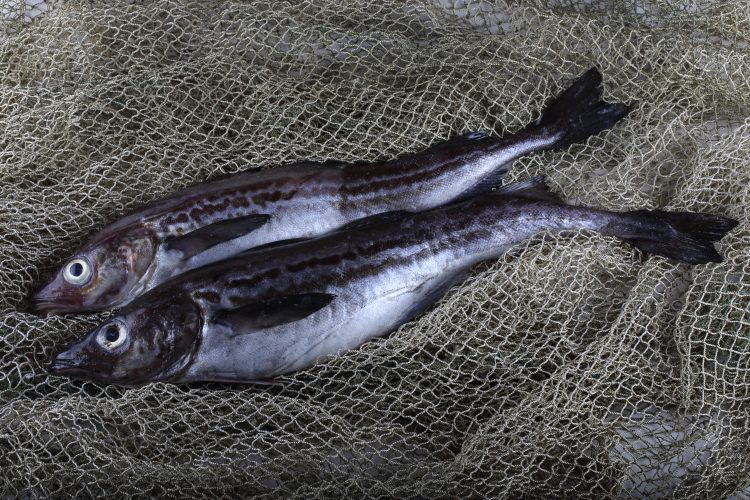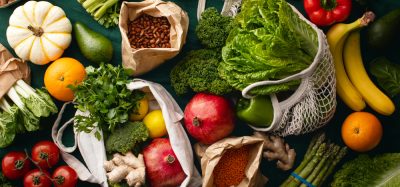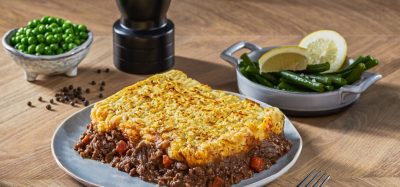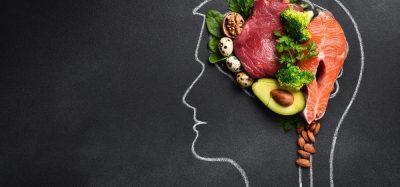Wild Alaska Pollock declared one of the most sustainable protein sources
- Like
- Digg
- Del
- Tumblr
- VKontakte
- Buffer
- Love This
- Odnoklassniki
- Meneame
- Blogger
- Amazon
- Yahoo Mail
- Gmail
- AOL
- Newsvine
- HackerNews
- Evernote
- MySpace
- Mail.ru
- Viadeo
- Line
- Comments
- Yummly
- SMS
- Viber
- Telegram
- Subscribe
- Skype
- Facebook Messenger
- Kakao
- LiveJournal
- Yammer
- Edgar
- Fintel
- Mix
- Instapaper
- Copy Link
Posted: 26 July 2021 | New Food Magazine | No comments yet
Pollock has been declared one of most climate-friendly sources of protein by the Association of Genuine Pollock Producers (GAPP), after analysis of energy, land, and water resource usage.


The Association of Genuine Alaska Pollock Producers (GAPP) has claimed that Wild Alaska Pollock is one of the most climate-friendly proteins in the world, following the completion of a comprehensive Life Cycle Assessment (LCA).
Almost two years ago, GAPP began the LCA process in partnership with the sustainability consultancy Quantis, to establish how sustainable Wild Alaska Pollock was a protein choice. As part of the LCA process, Wild Alaska Pollock was analysed based on several key impact categories such as global warming potential, energy use, use of land and water resources and waste outputs.
The association claims a Wild Alaska Pollock fillet is 3.77 kg CO2-eq per kg of protein, lower than comparative statistics reported for other protein sources, such as chicken (12.502) and wild-caught Atlantic cod (30.602).
“One of the things that we can all do to ensure a healthy planet for generations to come is to choose proteins that are solutions to climate change—and there’s nothing better for you and for our planet than Wild Alaska Pollock,” said Craig Morris, GAPP Chief Executive Officer.
“Seafood consumption in the United States is at an all-time high and Wild Alaska Pollock is the most consumed wild-caught whitefish thanks to its quality, affordability, versatility and nutrition.
“Consumers can now be assured that their favourite fish is one of the most climate-friendly protein options available on earth.”
“For over 40 years, the Wild Alaska Pollock industry has worked tirelessly to bring this delicious and amazing protein from the remote and pristine waters of Alaska to family dinner tables around the world. And, we have been doing so in in a way that not only ensures the lasting sustainability of Wild Alaska Pollock; but also focuses on being environmentally responsible and ensuring that we have one of the lowest carbon footprints of all proteins,” said Bob Desautel, GAPP Board Member, Chair of the GAPP Sustainability Committee and Co-Founder, President, and Chief Executive Officer of Global Seas.
“Protecting the future of Wild Alaska Pollock and the environment is our priority,” said Morris.
“These results show a promising future for Wild Alaska Pollock, and we are thrilled to see the success in the steps the industry has taken to embrace sustainable practices. My hope is these results will further cement our place in the hearts and minds of consumers.”
Related topics
Research & development, retail, Supply chain, Sustainability









